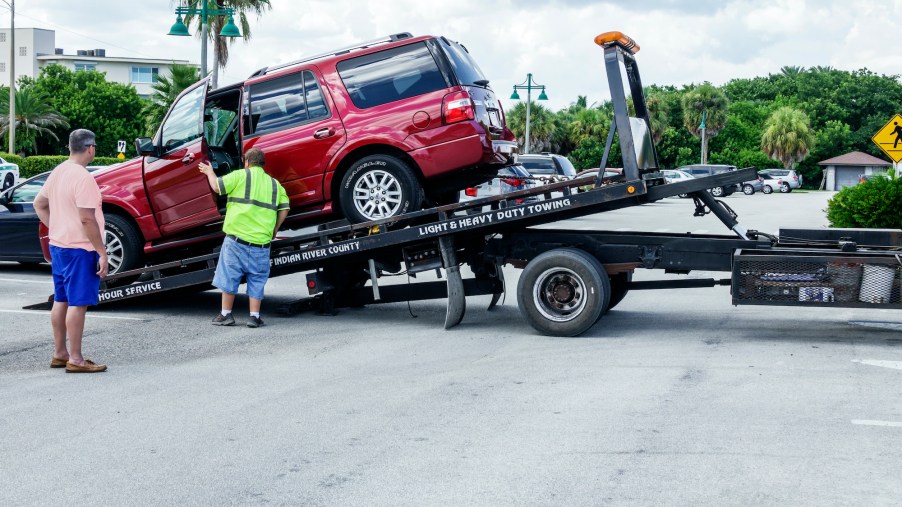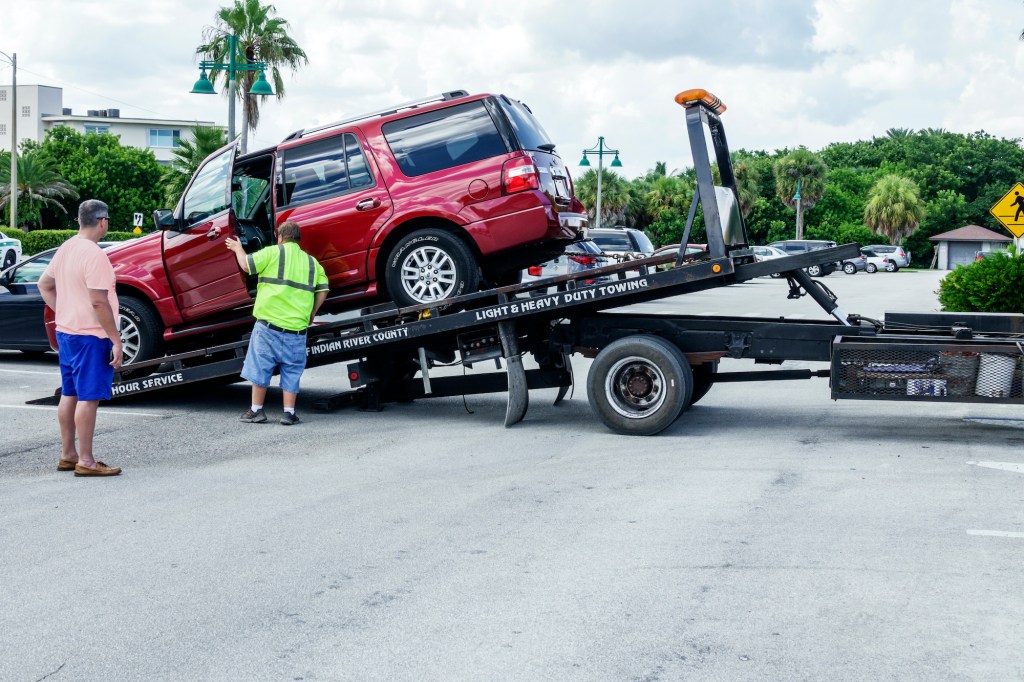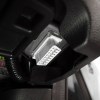
What Happens if I Stop Making My Lease Payments?
You may have heard the quote by comedian Steven Wright, which states, “If you think that no one cares about you, try missing a couple of payments.” And while we don’t condone missing your car payments just to see if anyone cares about you (trust us, they do), there’s a lot of truth to that statement as missing a lease payment can be very detrimental. Here is what can happen if you stop making your lease payments.
Your car lease can turn into a repossession
If you are currently leasing a car and can’t afford the payments, then you do have options, which we will go over later. However, if you’re currently leasing a car and can’t make then payments, or decide to stop making the payments altogether, then you can expect a visit from your friendly neighborhood tow truck driver. That’s right, even just a couple of missed payments can trigger the lessor (or the company you leased the car from) to send the tow truck to go find the car.
If that happens, that’s called an “involuntary repossession,” since you didn’t authorize, or volunteer, the option of having your car repossessed. In this case, not only is the situation thoroughly embarrassing, but it can end up costing you a lot of money.

You could owe a lot of money in fees
In addition to the lessor, or the bank, repossessing your car, you end up owing a lot of money in fees after the fact. According to Nolo, if your leased vehicle is repossessed, you could end up owing the following in fees:
- The remainder of the lease payments
- The past-due payments that you skipped out on
- Excess wear-and-tear and mileage fees
- The cost of the repossession (tow truck costs)
- The cost of the resale, typically via auction
After the lessor sells your repossessed vehicle, they will send you a bill for the “deficiency,” which is the difference between how much you owe them and how much they were able to sell the car for. For example, if you owe $5,000 and the lessor is able to sell the car for $3,000, then the deficiency will be $2,000.
If you don’t pay the deficiency amount, then the lessor can send it to a third-party collections agency and the collections and repossession will appear on your credit report. If the lessor wants to take things a step further, then it can possibly file a lawsuit against you for the remaining amount, which can lead to your wages being garnished or your bank account being seized.
What can you do to prevent your leased car from being repossessed?
If you find yourself in a situation where you can longer afford to make your lease payments on time, then you can call the leasing company and ask them to work something out for you, possibly in the form of lower payments.
If that doesn’t work, then you can also sell the car to a third-party used car company like Carvana or Carmax, as they typically pay more for cars, and then pay the difference to them. If you don’t want to go that route, then another alternative would be to voluntarily repossess your car, which means that you will voluntarily give the car back to the lessor. In that case, you’ll minimize the fees that you’ll have to pay since they won’t need to tow the car.



